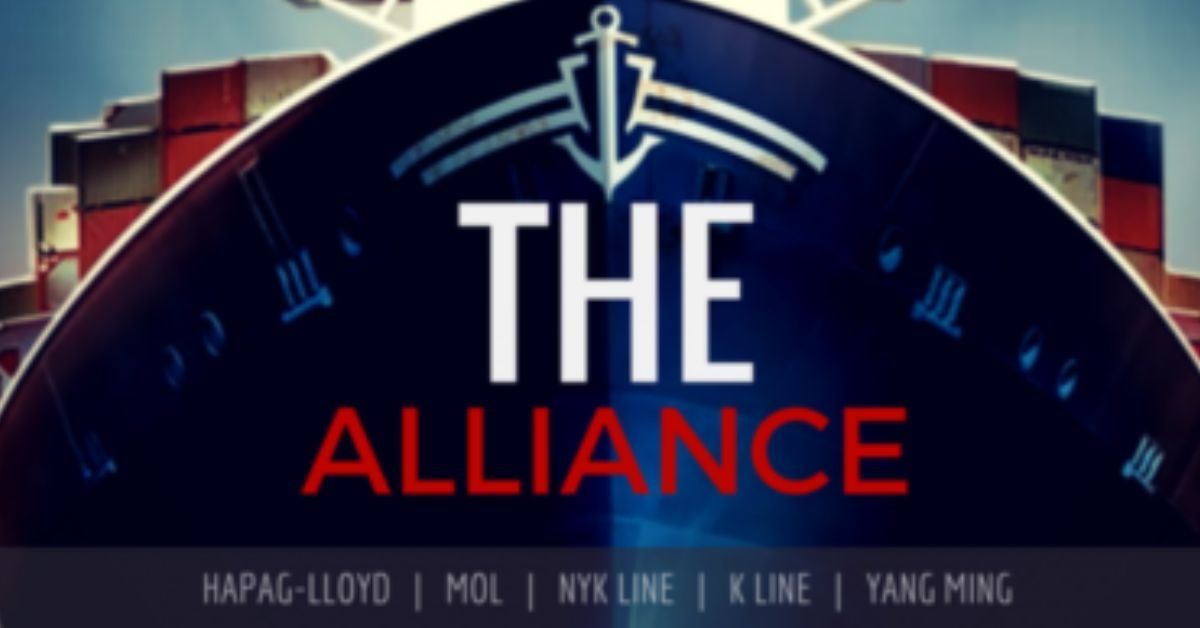The carriers said both the alliance’s FE5 Asia-North Europe and the EC4 Asia-US east coast services would be suspended from week 46, until further notice, “in consideration of the present market situation”.
However, THEA said it was adding port calls to remaining loops in order to ensure service coverage.
Hapag-Lloyd advised customers last month it would increase its FAK [freight all kinds] Asia-North Europe rates from 1 November, to $1,750 per 40ft.
CMA CGM also announced it would put up its FAK rate on the route, to $1,800 per 40ft, but although the 10% week-on-week erosion of spot rates on the trade has been halted – and even registered a slight uptick last week – weak demand as the industry enters the slack season will add more downward pressure on short-term rates, and seriously impact contract rate levels obtained.
The capacity adjustment by THEA on the Asia-North Europe tradelane follows the 2M Alliance introducing a “winter schedule” on the route, from the end of October until mid-December, which will involve blanking one loop for seven consecutive weeks.
2M member MSC said it was “taking certain actions to adjust capacity in line with slowing demand”, but to mitigate the impact for volume shippers, could offer inducement calls at additional North Europe ports on non-blanked loops.
THEA’s suspension of its EC4 Asia to USEC is the second transpacific loop the alliance partners have taken out, after temporarily suspending the PN3 Asia-USWC string last month.
The ocean carrier capacity management tools of blankings, slidings and super-slow steaming have failed to balance supply with demand, forcing east-west trade vessel-sharing alliances into service suspensions.
Moreover, the huge numbers of large new container vessels leaving Asian shipyards is adding to the chronic oversupply crisis. Another 190,000 teu of newbuild tonnage was delivered last month, with an estimated 2m teu stemmed for delivery by the end of March.
Speaking during Drewry’s Container Market Outlook Q3 Container Forecaster presentation this morning, Simon Heaney, container research senior manager, said there was no question that the lines needed to renew their fleets in order to meet their net-zero challenges, but at the same time they should be retiring elderly tonnage.
“Where they’re failing is not so much that they are ordering new ships, which I would say is required, they are just not getting rid of the older ones at the same rate and that is what is building up the pressure,” said Mr Heaney, who noted that the final demolition figure for this year was likely to be only around 115,000 teu.
Mr Heaney also gave a worrying forecast for liner profitability, which he expected to be down from the huge $300bn ebit in 2022 to $20bn this year, before collapsing to a cumulative negative $15bn ebit in 2024.
“It’s a car crash for ocean carriers,” he said.
However, he said Drewry did not expect another liner bankruptcy, as carriers were still awash with profits from the early post-pandemic years – but he also “did not rule out” further M&A activity.







